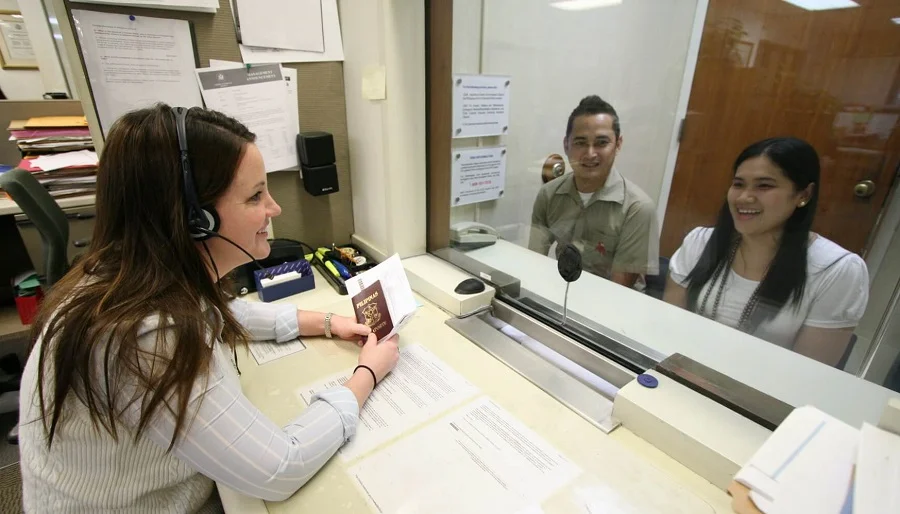natostratcon.info – The Diversity Visa (DV) program, also known as the Green Card Lottery, is an essential component of the United States’ immigration system. It aims to promote cultural diversity by granting immigrant visas to individuals from countries with low rates of immigration to the U.S. A critical aspect of this program is the role played by consular officers stationed at U.S. embassies and consulates around the world. This article provides an in-depth look at the responsibilities and challenges faced by consular officers in administering the Diversity Visa program.
The Diversity Visa Program Overview
The DV program, established by the Immigration Act of 1990, allocates up to 50,000 immigrant visas annually to applicants selected through a random computer-generated drawing. The program is designed to enrich the cultural fabric of American society by welcoming individuals from underrepresented countries.
The Role of Consular Officers
Consular officers play a pivotal role in the Diversity Visa process. Their primary responsibilities include:
- Initial Screening: Reviewing the eligibility of selected applicants to ensure they meet the program’s criteria.
- Interview Conduct: Conducting in-person interviews to assess the applicant’s qualifications, intentions, and eligibility for a Diversity Visa.
- Document Verification: Verifying the authenticity of documents submitted by applicants, such as birth certificates, educational credentials, and proof of work experience.
- Background Checks: Conducting thorough background checks to ensure applicants do not pose a security risk to the United States.
- Visa Issuance: Issuing visas to qualified applicants and providing them with the necessary information and guidance for their move to the U.S.
Challenges Faced by Consular Officers
The role of consular officers in the Diversity Visa program is complex and comes with several challenges:
- High Volume of Applicants: Consular officers must manage a high volume of applications and interviews, requiring them to work efficiently and accurately under pressure.
- Fraud Detection: Identifying and preventing fraud is a significant challenge. Officers must be vigilant in detecting false documents and misrepresentations by applicants.
- Cultural Sensitivity: Officers must possess cultural sensitivity and understanding to effectively communicate and interact with applicants from diverse backgrounds.
- Security Concerns: Ensuring the security of the United States by thoroughly vetting applicants to prevent the admission of individuals who may pose a threat.
Training and Support
To meet the demands of their role, consular officers undergo extensive training. This includes instruction on immigration law, interview techniques, document verification, and security protocols. Additionally, they receive ongoing support and updates to stay informed about changes in policy and procedure.
Conclusion
Consular officers play a crucial role in the Diversity Visa program, ensuring that it achieves its goal of promoting cultural diversity in the United States. Their responsibilities are multifaceted, requiring a high level of skill, dedication, and attention to detail. By effectively screening and vetting applicants, consular officers help maintain the integrity of the immigration system while welcoming newcomers who will contribute to the cultural and economic vitality of the United States.
